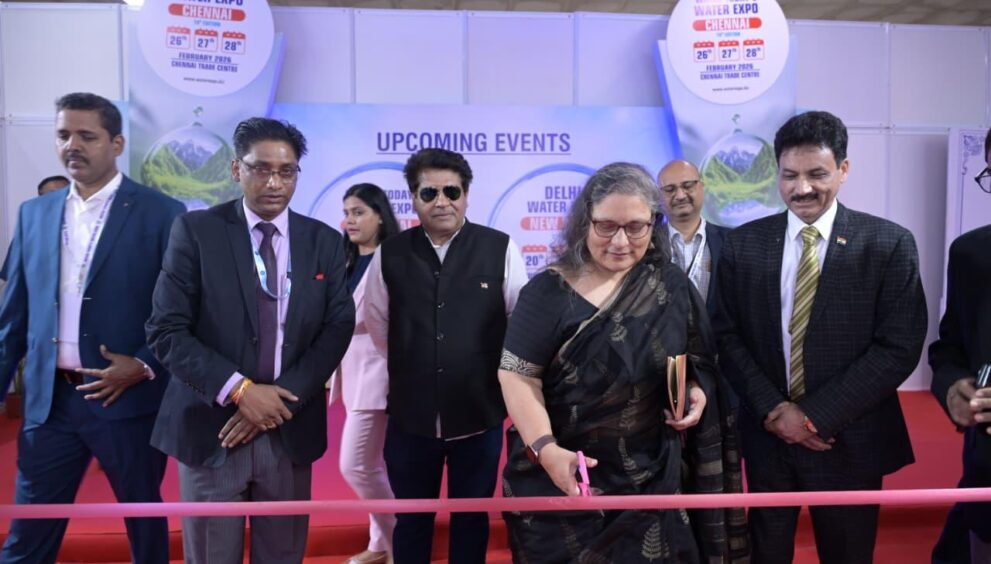India Must Treat Water As Growth Driver, Says Jal Shakti Secretary

India’s Jal Shakti Secretary warns poor water governance risks economic growth
India must put water management at the heart of economic planning to sustain growth as climate change disrupts the country’s fragile water cycle, a senior government official said on Thursday.
The challenges of climate change manifest themselves in the water cycle first,” Debashree Mukherjee, Secretary in the Ministry of Jal Shakti, said at the Water Sustainability Summit 2025 organised by the PHD Chamber of Commerce and Industry (PHDCCI).
She said extreme rainfall, prolonged dry spells and urban flooding were already testing India’s systems, adding that governance must shift from fragmented to integrated approaches. “Too often we treat water in silos—groundwater, river management, floodplain zoning. We need an integrated approach that reduces compliance burdens while ensuring sustainability,” Mukherjee said.
Water accounts for competing demands across agriculture, industry, households and ecosystems. Agriculture alone consumes nearly 83 per cent of India’s freshwater, and Mukherjee called for investment in technologies that improve irrigation efficiency to free up water for industrial and ecological needs. “We must look beyond industrial processes to opportunities in agriculture that can release water for other uses,” she added.
Citing frameworks such as the Dam Safety Act, groundwater regulations and the Model Flood Management Act, Mukherjee argued that legal tools exist but require stronger collaboration. “Good water management can become an accelerator of growth; poor water management can actually be an inhibitor of growth,” she said.
She warned that neglect carries heavy costs. “The damages of not making water central to planning are huge. We saw it in the Delhi floods, in Chennai, in Mumbai,” she said, urging communities, industries, regulators and citizens to work with the government to secure India’s water future.





































































































































































































































































































































































































































































































































































































































































































































































































































































































































































































































































































































































































